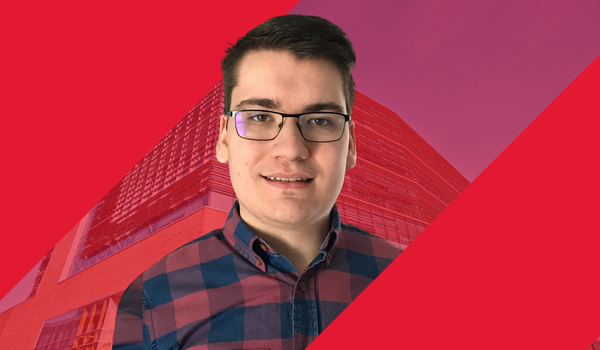On Friday, April 22, the University of Maryland's Biocomputational Engineering degree program partnered with the Fischell Department of Bioengineering to host a free webinar addressing a cutting-edge topic poised to take health care by storm. You can access the recorded webinar here!
The event – “Digital Twins, Artificial Intelligence, and New Perspectives on Patient Care” – featured a fireside chat with Dr. Eric Stahlberg, director of Biomedical Informatics and Data Science at the Frederick National Laboratory for Cancer Research, and Dr. David Lindsay, director of the Vaccine Clinical Materials Program at Leidos Biomedical Research. Drs. Stahlberg and Lindsay discussed how digital twins have the potential to transform health care and pave the way for new therapies to treat cancers and address other health challenges.
Did you know that digital twins – which are essentially digital counterparts of physical objects or processes – are used in a wide variety of fields ranging from aerospace engineering, to financial services? In health care, a digital twin can serve as a crucial substitute for the human body, allowing scientists and clinicians to leverage data to examine possible treatment outcomes.
In the webinar, Dr. Lindsay interviewed Dr. Stahlberg about the potential for digital twins to transform health care – particularly in the realm of cancer care. In addition, Dr. Lindsay shared his own perspective on how advances in biomedical research are pointing to new avenues for vaccine development and infectious disease treatment. Watch the recorded webinar today to learn more about what’s happening at the intersection of health care and technology that could transform our understanding of cancer and disease progression – and treatment pathways – for years to come.
Looking to learn more about life in the B.S. in Biocomputational Engineering degree program? Meet our faculty and staff, view our transfer guide, and find out how we can help you with your program application.


